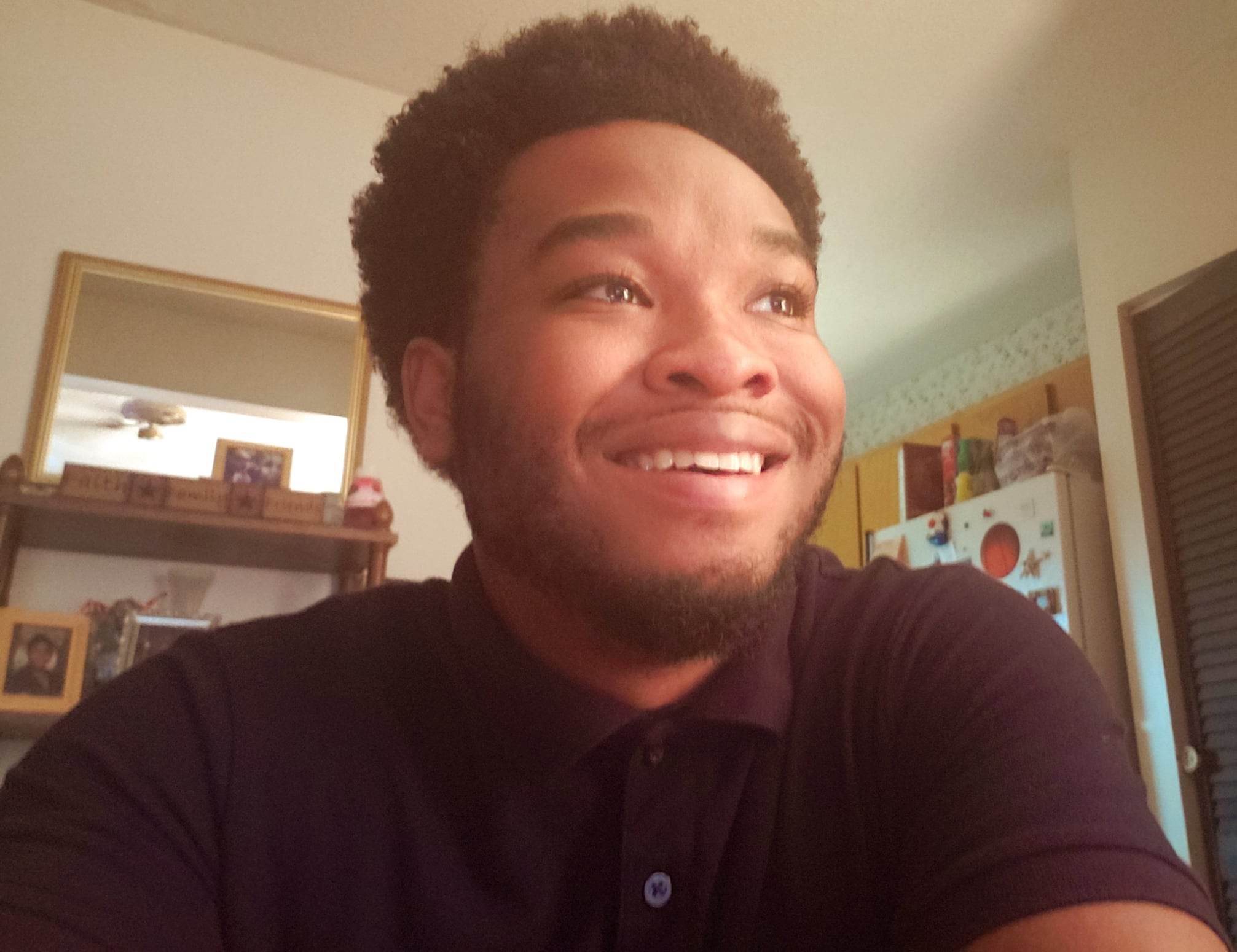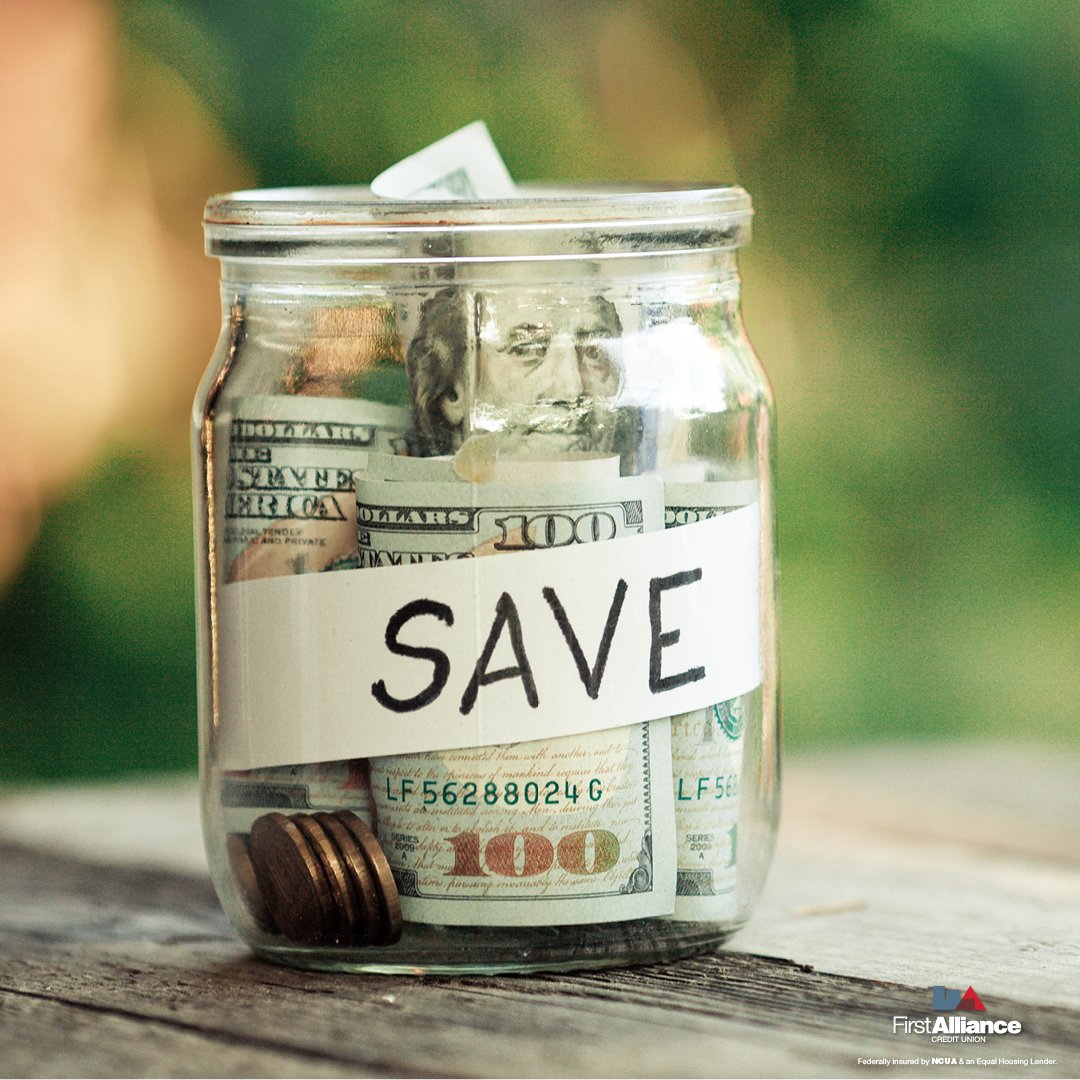Give Yourself the Gift of Less Financial Stress
Can making a budget really make you feel better about life? You might be surprised! One of the most powerful things you can do to relieve uncertainty...
3 min read
 Kamel LoveJoy
:
Apr 10, 2025 8:10:03 AM
Kamel LoveJoy
:
Apr 10, 2025 8:10:03 AM

Spring cleaning usually brings to mind dusting shelves and mopping floors, but there’s another type of clutter that deserves your attention: your finances! At First Alliance Credit Union, we believe a simple, clear budget can help you see your money in a whole new light—just like opening a window on a sunny day. If you’ve been wondering where to even begin, let us guide you step by step.
Where Do I Begin With Budgeting?
The first step is to figure out exactly how much money you have coming in every month. This could be a regular paycheck, side gig earnings, or even occasional cash gifts. Once you know your monthly income, it’s much easier to plan where each dollar goes.
To stay organized, pick a method that feels right for you. Some people prefer writing everything down in a notebook or using a free budget spreadsheet; others like an online budget planner or a budgeting calculator. The important thing is that you find a system you’re comfortable with, so you’ll stick to it.
Which Expenses Should I Track and How Often?
A good rule of thumb is to track all of your expenses, from rent and car payments to small impulse buys like coffee or mobile game downloads. Review your spending at least weekly—if not daily—so you always know where your money is going.
To make it feel less like a chore, pair your “budget check” with something fun, such as listening to a favorite podcast or playing some upbeat music. This way, you’ll start to associate budgeting with a pleasant part of your routine rather than dreading it.
At First Alliance, we like to break down budgeting into a clear, five-step process. Let’s take Skylar and Jordan as an example—a young couple who both live with their parents and hope to move out in a year. Their main goal is to save up a three-month rent deposit (about $3,000 total, since rent in their chosen area is $1,000/month) plus $1,500 each for emergencies, totaling $6,000 in savings. Here’s how they’re doing it:
Start by listing all of your income sources—paychecks, tips, side gigs, even birthday money from Grandma. Skylar and Jordan each make about $2,500 a month, for a combined total of $5,000. That’s their baseline figure, and it’s where they begin their budget.
Next, write down all of your expenses. Separate them into fixed expenses (car payments, insurance, and other costs that stay the same each month) and variable expenses (groceries, gas, dining out, entertainment). Don’t forget any irregular bills, like quarterly streaming subscriptions.
For Skylar and Jordan:
Fixed: Car loan, insurance, gym membership.
Variable: Groceries, takeout, cellphone bills, streaming services.
How Much Should I Put into an Emergency Fund?
Many people aim for at least three months’ worth of essential expenses. Skylar and Jordan each want $1,500 in an emergency fund (a total of $3,000), so they categorize their budget like this:
Needs (Essentials): Future rent, car payment, groceries, utilities.
Wants (Non-Essentials): Takeout, streaming services, weekend outings.
Savings/Goals: $6,000 total to cover both their rent deposit and emergency funds.
How Do I Avoid Overspending and Stay Motivated?
Subtract your total expenses from your income. If you’re spending more than you’re earning, you’ll need to cut costs or boost your income. For instance, Jordan realized they were eating out almost every day, so they decided to limit takeout to once a week. The money saved goes directly into their emergency fund.
To stay motivated, Skylar and Jordan picture how great it’ll feel to move into their own place. Having a clear goal makes it much easier to pass on that extra latte or that online shopping splurge.
Which Budgeting Tools Should I Use?
Choose a tool that fits your style. You might prefer a free budget spreadsheet, a personal budget notebook, or a colorful online budget planner that automatically categorizes your spending. Skylar and Jordan use a shared budgeting app that color-codes their expenses, making it simple to see where their money goes.
They meet every Sunday to log transactions, note any changes (like a friend’s birthday or unexpected car repair), and adjust their plan as needed. This weekly check-in keeps them accountable and helps them spot any budgeting hiccups before they become problems.

At its core, a budget is just a map for your money, giving each dollar a clear direction and purpose. By following the steps that worked for Skylar and Jordan, you can create your own path toward financial stability—whether that’s saving for an apartment, paying off student loans, or just building up an emergency fund you can lean on if life throws you a curveball.
If you need personalized guidance, First Alliance Credit Union is ready to help you build a budget that fits your life. Our promise is simple: we show up, we listen, and we provide possibilities—no judgment, no pushing products you don’t need. So go ahead, grab your favorite podcast, fire up a spreadsheet (or an app), and start spring cleaning your finances today. You’ve got this!

Can making a budget really make you feel better about life? You might be surprised! One of the most powerful things you can do to relieve uncertainty...

Every financial expert talks about the importance of saving money. A lot of them have also come up with innovative ways to save, not to mention what...

Just the act of creating a budget puts you ahead of the game by presenting a clear snapshot of your overall financial situation. Once in effect, a...